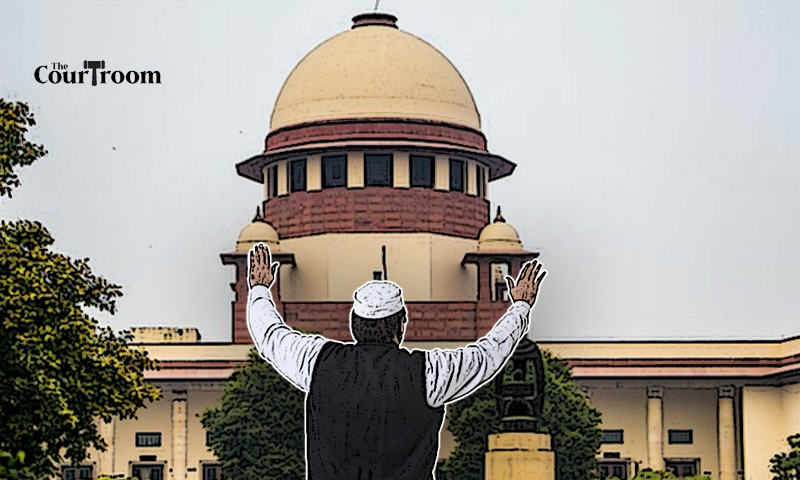Today, the Supreme Court made a significant observation stating that Members of Parliament (MPs) and Members of Legislative Assemblies (MLAs) cannot seek immunity from prosecution under Article 105 and Article 194 of the Constitution when accused of accepting bribes.
A Constitution bench headed by Chief Justice DY Chandrachud, along with Justices AS Bopanna, MM Sundresh, PS Narasimha, JB Pardiwala, PV Sanjay Kumar, and Manoj Misra, overturned the 1998 PV Narasimha Rao judgment. In that judgment, the court had suggested that legislators are immune from prosecution even for accepting bribes to vote a certain way in a legislative house.
The bench disagreed with and overturned the majority decision of the Narasimha Rao judgment, ruling that MPs and MLAs cannot claim immunity. It emphasized that the immunity granted to legislators under Article 105(2) and 194(2) is intended to facilitate free deliberations within the legislative house, but it does not cover bribery.
The court clarified that bribery undermines integrity in public life, regardless of whether the legislator casts their vote in a certain direction or not. It emphasized that merely accepting a bribe exposes the legislator to criminal charges, without requiring any further action in response to the bribe.
This judgment stems from a case involving Sita Soren, the sister-in-law of former Jharkhand Chief Minister Hemant Soren. Sita Soren, a member of the Jharkhand Mukti Morcha (JMM), was accused of accepting a bribe to vote for a particular candidate in the 2012 Rajya Sabha Elections. The matter reached the Supreme Court after Sita Soren appealed against the Jharkhand High Court’s decision to dismiss her plea seeking to quash the case.
If you wish to have your Deals, Columns, or Press Releases showcased on The Courtroom, we kindly invite you to complete the form available through the provided link.


